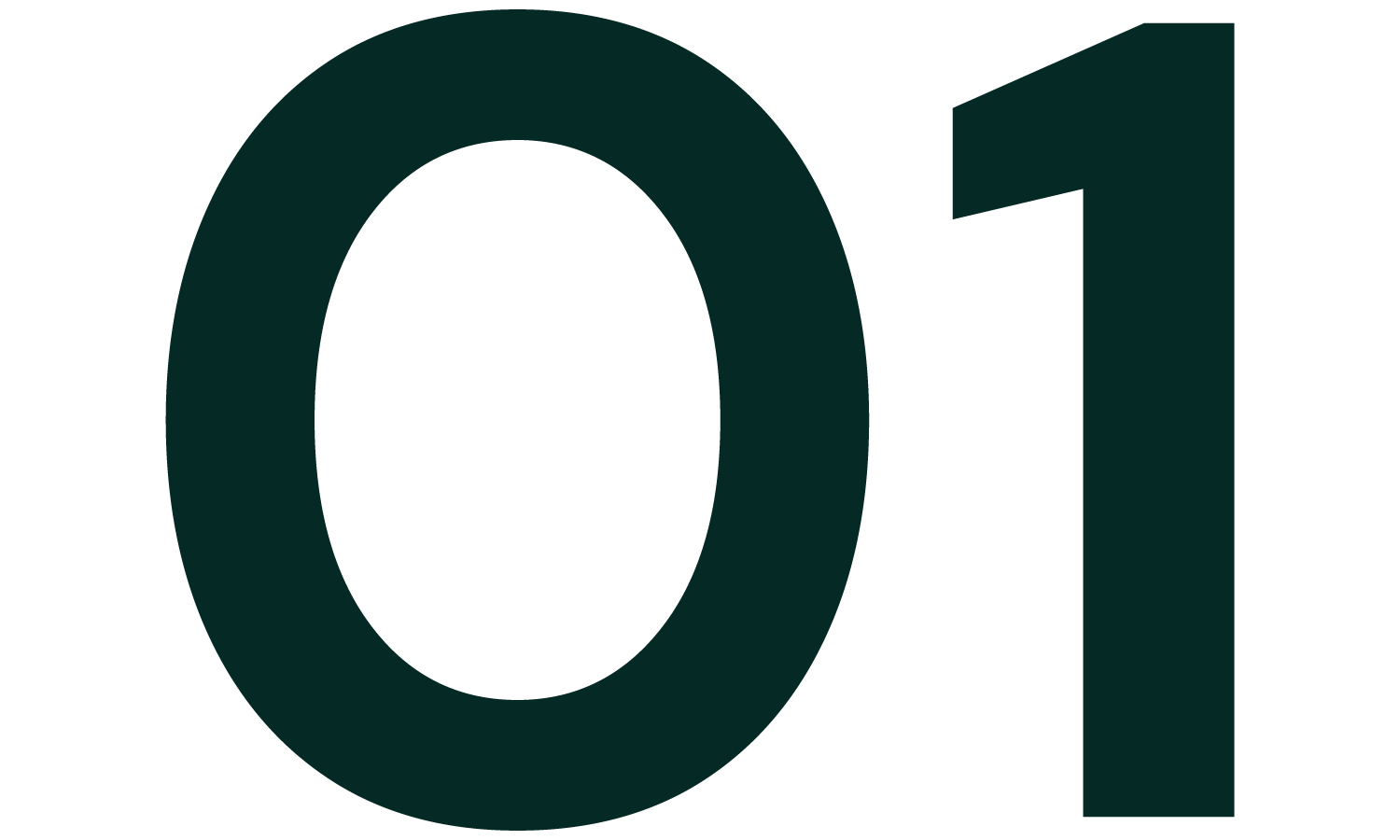Advocate
Advocate Andleeb Anwar Ch is a seasoned legal professional based in Faisalabad, Pakistan, with extensive experience in civil, criminal, family, and corporate law. He is committed to providing expert legal services, ensuring that each client receives personalized attention and effective representation.
With a deep understanding of the legal landscape and a dedication to justice, Advocate Andleeb Anwar Ch has successfully handled numerous cases, earning a reputation for integrity and professionalism. Whether you’re facing a legal dispute or seeking legal advice, Advocate Andleeb Anwar Ch is here to assist you every step of the way.

At Advocate Andleeb’s Anwar CH practice, we understand that every legal matter is personal. That’s why we offer tailored legal solutions for individuals facing a wide range of issues, from property disputes and family conflicts to criminal accusations and financial claims.

Legal protection is your first line of defense in safeguarding your rights, property, and reputation. At Advocate Andleeb’s Anwar CH office, we provide comprehensive legal protection services to help individuals and businesses prevent legal issues.

Advocate Andleeb Anwar CH offers a wide range of legal services tailored to meet the needs of individuals and businesses. Our practice covers civil law, criminal defense, family matters, property disputes, contract issues, and legal consultation.
Section 489-F PPC punishes anyone who issues a dishonored cheque dishonestly to repay a loan or fulfill an obligation. The offender can face up to 3 years in prison, a fine, or both.
The punishment for a bounced cheque in Pakistan, under Section 489-F of the PPC, is up to 3 years of imprisonment, a fine, or both.
Yes, bail is allowed under Section 489-F PPC in Pakistan. It is a bailable and non-cognizable offense, which means the accused can apply for bail and usually has the right to be released on bail unless there are special circumstances.
The limitation period for filing a complaint under Section 489-F PPC (dishonored cheque) is generally three years from the date the offense occurred — that is, from the date the cheque was dishonored.
This limitation is based on general principles under the Limitation Act 1908, as Section 489-F itself does not specify a time limit. However, courts may consider the facts and reasons for any delay when deciding whether to proceed with the case.
Would you like a sample legal complaint or FIR draft for this section?
In Pakistan, the time limit to file a cheque bounce case (under Section 489-F PPC) is generally considered to be three years from the date the cheque is dishonored.
However, it's important to act quickly, as delays without a valid reason can weaken the case. Courts may still allow a complaint after three years if there’s a justifiable explanation for the delay, but it's always best to file as soon as possible after the dishonor.
Would you like help drafting a legal notice or complaint?
In Pakistan, a cheque must be presented for payment within 6 months from the date it is issued, unless a shorter period is mentioned on the cheque itself. After 6 months, the cheque becomes stale and banks usually do not honor it.
If the cheque is dishonored within this time, you typically have up to 3 years to file a legal case under Section 489-F PPC.
Would you like to know the steps to take after a cheque is bounced?
A stale cheque is a cheque that is not presented to the bank within its validity period, usually 6 months from the date written on it. After this period, banks refuse to honor the cheque, meaning it cannot be cashed or deposited unless revalidated by the issuer.
Would you like to know how to revalidate a stale cheque?